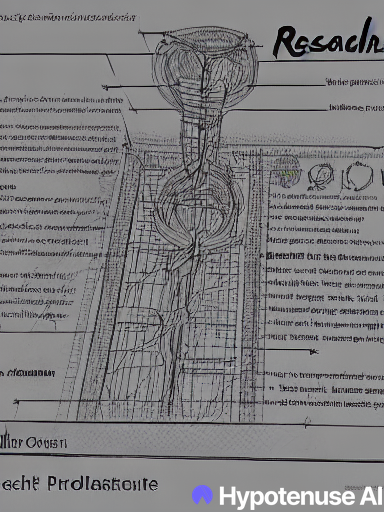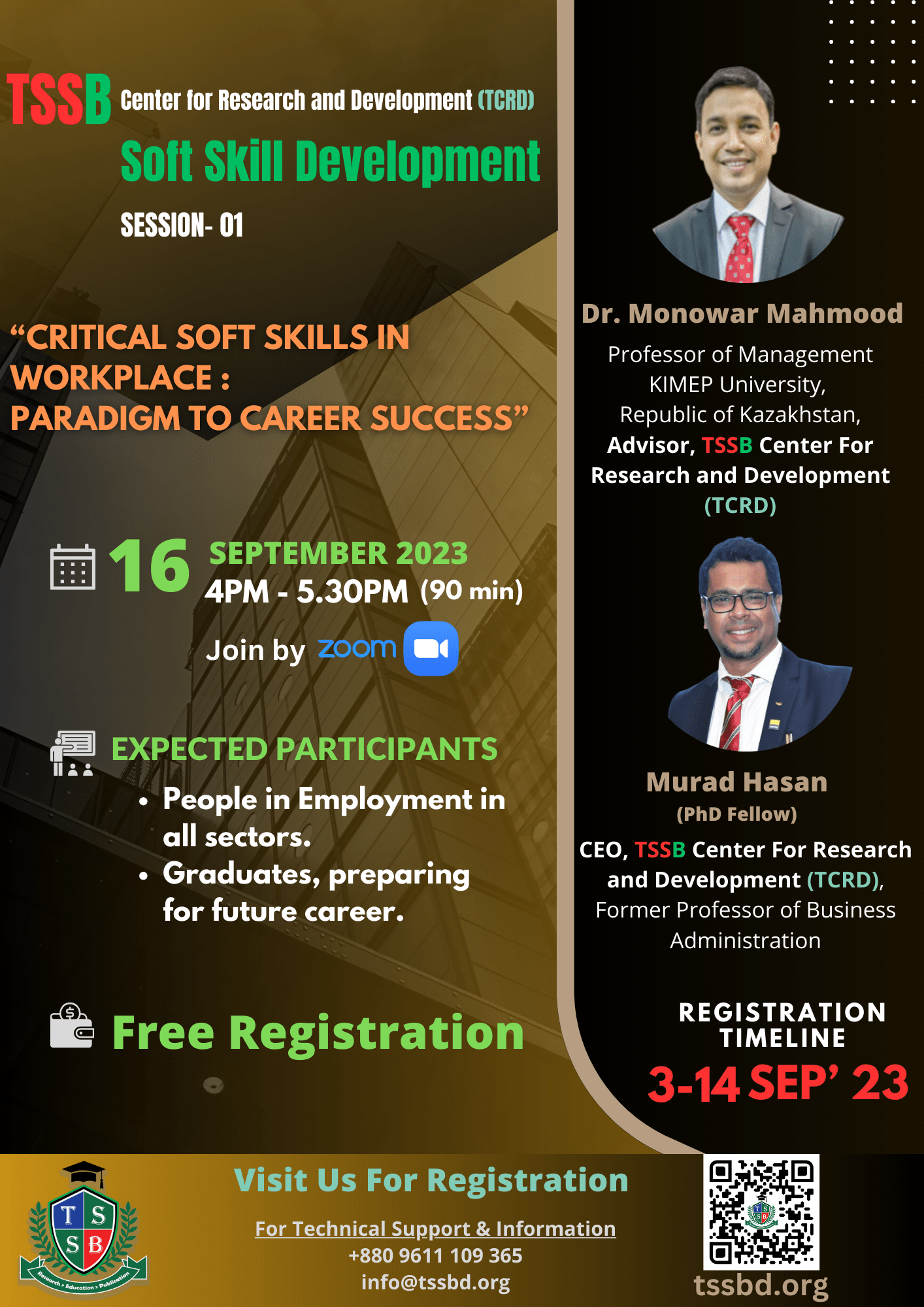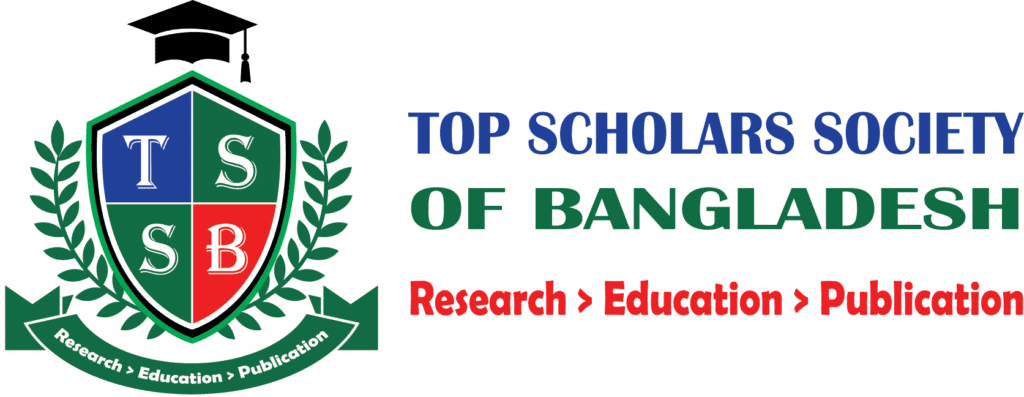“Plagiarism in research is a serious problem that can have major consequences for scholars.” Plagiarism is the deliberate or accidental use of another person’s ideas, words, or work without giving credit to that person. Plagiarism in Research is considered a form of cheating and is usually punishable by suspension or expulsion from school.
There are a number of ways that scholars can avoid plagiarism. First, scholars should make sure to give credit to any sources that they use in their work. When in doubt, it is always better to cite a source than to risk plagiarism. Second, scholars should avoid using work that is not their own without permission. If scholars are unsure about whether or not they are allowed to use someone else’s work, they should ask their teacher or professor. Finally, scholars should be careful when using online resources. Many websites allow users to copy and paste text, which can lead to accidental plagiarism.
If a student is accused of plagiarism, the consequences can be serious. The student may be suspended or expelled from school, and the incident may go on their permanent record. Plagiarism can also lead to legal problems, as it is a form of copyright infringement.
Avoiding plagiarism is important for all scholars. By taking some simple precautions, scholars can make sure that their work is original and avoid any potential problems.”
2. What are the different types of Plagiarism in Research?
There’s no doubt about it – plagiarism is a serious issue in the world of research. But just what is plagiarism, and what are the consequences of being caught plagiarizing?
Plagiarism can be broadly defined as using someone else’s work without giving them credit. This can take many different forms, from copying and pasting text to paraphrasing someone else’s ideas to self-plagiarism (recycling your own work without citing it).
Each of these types of plagiarism can have serious consequences for researchers, including loss of credibility, damage to their reputation, and in some cases, legal penalties.
So what can you do to avoid plagiarism? First, make sure you understand what plagiarism is and how to avoid it. Second, always give credit where it’s due by citing your sources. And finally, if you’re ever in doubt about whether something might be considered plagiarism, err on the side of caution and seek guidance from a trusted source.
By following these simple tips, you can help ensure that your research is both ethical and of the highest quality.
3. The impact of plagiarism on academic achievement
No one likes to be accused of plagiarism. Unfortunately, if you’re a student, it’s something that you may have to deal with at some point in your academic career. Plagiarism can have a number of negative impacts on a student, including disciplinary action from the school or university, lower grades, and a failing grade for the assignment or class.
So, what is plagiarism? Put simply, it’s the act of using someone else’s work without giving credit. This could be copying someone else’s words without quotation marks, paraphrasing someone else’s ideas without giving credit, or even using someone else’s research without citing the source. Plagiarism is a serious issue because it’s considered cheating. When you plagiarize, you’re essentially stealing someone else’s hard work and passing it off as your own.
There are a few ways to avoid plagiarism. First, if you’re using someone else’s words, be sure to put them in quotation marks and cite the source. If you’re paraphrasing someone else’s ideas, again, be sure to give credit. And finally, if you’re using someone else’s research, cite the source. By following these simple steps, you can avoid plagiarism and the negative consequences that come with it.
Plagiarism is a serious issue that can have a number of negative consequences. If you’re accused of plagiarism, you may be subject to disciplinary action from your school or university. Additionally, your grades may be lowered or you may even receive a failing grade for the assignment or class. To avoid plagiarism, be sure to cite your sources. By following this simple rule, you can avoid the negative consequences of plagiarism.
4. How to avoid plagiarism in research
There’s no doubt that plagiarism is a serious issue in the world of academia. Whether you’re a student, professor, or researcher, it’s important to understand how to avoid plagiarism. Not only can it lead to serious consequences, but it can also damage your reputation and credibility.
So how can you avoid plagiarism? The most important thing is to give credit where it is due. When using someone else’s ideas, words, or work, be sure to cite the source. This includes both direct quotes and paraphrases. It is also important to avoid using too much of someone else’s work. In general, you should aim to use your own words as much as possible.
If you’re ever unsure about whether or not something constitutes plagiarism, consult your professor or a style guide. Better safe than sorry! By following these simple tips, you can avoid plagiarism and maintain your integrity as a researcher.
5. Disciplinary consequences of plagiarism in research
When it comes to academic research, plagiarism is a serious offense that can have significant consequences. These can include a failing grade on the assignment, a lower grade in the course, and even expulsion from the school. Plagiarism can also lead to a loss of funding for the research project and a negative impact on the researcher’s reputation.
So why take the risk? When it comes to academic research, it’s always best to play it safe and avoid plagiarism at all costs. There are plenty of resources available to help you do just that. So take the time to familiarize yourself with them and use them to your advantage. Your future self will thank you for it.
Here are a few tips to help you avoid plagiarism in your academic research:
1. Use direct quotes sparingly.
When you’re writing a research paper, it’s important to use direct quotes sparingly. That’s because too many quotes can make your paper feel like a patchwork of other people’s ideas. Instead, focus on paraphrasing and summarizing the main points of the sources you’re using.
2. Give credit where it’s due.
If you do use direct quotes, make sure to give credit to the original source. This means including a citation in the text of your paper as well as a reference list at the end. Failure to do so would be considered plagiarism.
3. Think twice before using someone else’s work.
If you’re thinking about using someone else’s work in your own research, it’s important to think carefully about whether or not it’s appropriate. In some cases, it might be better to find another source that covers the same material.
4. Use plagiarism detection software.
There are a number of different plagiarism detection software programs available. These can be a helpful way to check your work for plagiarism before you submit it.
5. Be aware of the consequences.
Finally, it’s important to be aware of the potential consequences of plagiarism. These can range from a failing grade on an assignment to expulsion from your school. So it’s important to take plagiarism seriously and do everything you can to avoid it.

















